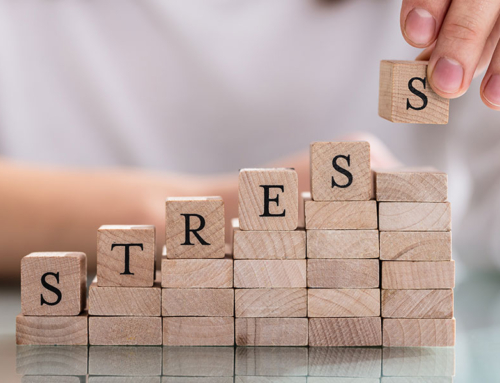Headaches and Stress
Stress is one of the main causes of headache. For those who endure stress headaches constantly, you’ll find they usually accept them as part of the deal.
All too often the chosen solution is over-the-counter pain killers. Pain is a great motivator and it is understandable that so many reach for readily available and heavily promoted analgesics. These may provide short term pain relief, but can have damaging effects on the body, particularly the liver.
In addition, not only are some addictive, but many believe they cannot get through the day without their pain killer of choice. It actually becomes a vicious circle. The body begins to rely on the pain killer medication.
If you are experiencing headaches as a result of chronic stress you can be fairly sure that they are only one symptom of a cluster of problems your body is being subjected to. In the interest of lifelong health, those suffering from stress-related headaches should earnestly seek to reduce both the cause and the frequency of their headaches, rather than using drugs.
How Chronic Stress Causes Headaches
Stressful events or stressful thoughts cause the body to release cortisol and adrenaline. These hormones in turn act in multiple ways to prepare the body to defend or flee from perceived attack. In an acute, physical situation, carrying out the defense or flight dissipates these hormones and the body quickly returns to a restful state.
Chronic stress, having no release mechanism, exposes the body to persistently elevated levels of cortisol and adrenaline. This unnatural state means the body is in a constant state of readiness, with constricted veins and arteries, increased respiration rates and a constant feeling of agitation.
This state of constant hormonal imbalance expresses itself in symptoms such as headache.
Also, excess cortisol hypersensitizes your brain to pain.
Stress Increases Risks of Suffering from Headaches
A documented study about stress and headaches showed that as stress levels increase, the number of headaches each month also increases. On the contrary, those who experienced very low levels of stress only had mild, if any, headaches. Adjustments were made in these findings to be able to account for other factors that may contribute to frequency and severity of headaches such as smoking, drinking and taking headache medications.
These findings further strengthened the anecdotal findings of experts that stress largely contributes to the onset of many headaches. The study also supported the view that stress accelerates the progression of chronic headaches while it also worsens headache episodes.
Manage Stress to Prevent Headaches
While headache medications can help alleviate the pain, practising several stress reduction techniques is of greater benefit as it prevents the occurrence of headaches. Ideally, stress management techniques that are tailored to each patient’s unique circumstances and physiology should be applied to those who are suffering from different types of headaches.
Generally, however, there are actions most sufferers can employ or at least try to obtain long-term relief. Exercise, as vigorous as your condition allows, will help the body to dissipate the stress hormones. So, before reaching for another pain reliever, try exercising instead.
Plus, do whatever you can to limit exposure to events and thoughts that cause you extreme stress or anxiousness.
Resting your mind while exercising your body is a real win-win. Giving yourself a break from the rigors of daily living is not a luxury, it may be a necessity for your health’s sake. Whenever a searing headache strikes, hard as it may seem at the time, it is also beneficial to be more optimistic about your situation. Negative thoughts will very likely increase the severity, so try to counter such thoughts with something positive!
© Triangle Mental Health Foundation 2019
Operating Hours
| Mon | 10:00am – 16:00pm |
| Tues | 10:00am – 16:00pm |
| Wed | 10:00am – 16:00pm |
| Thur | 10:00am – 16:00pm |
| Fri | 10:00am – 16:00pm |







